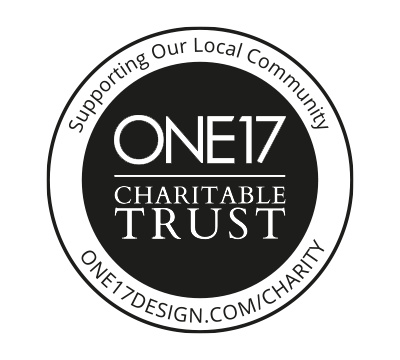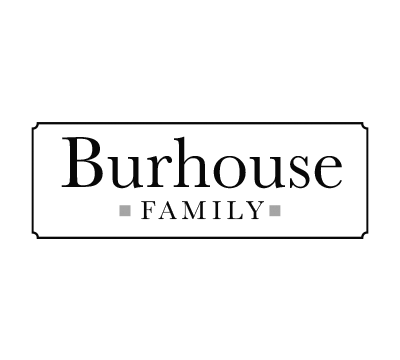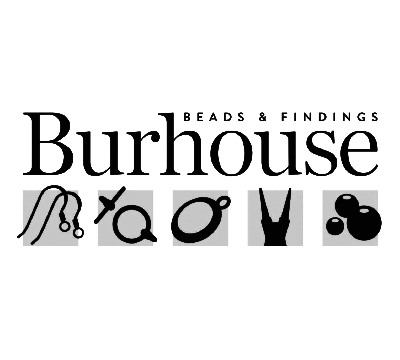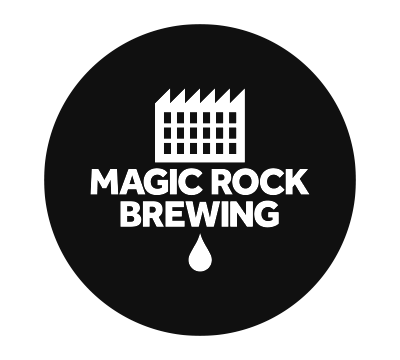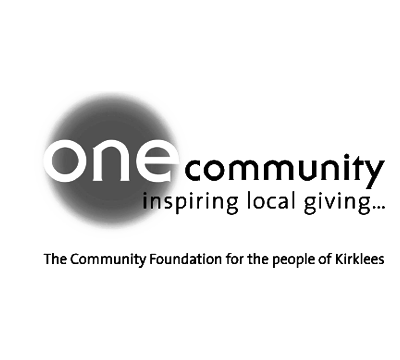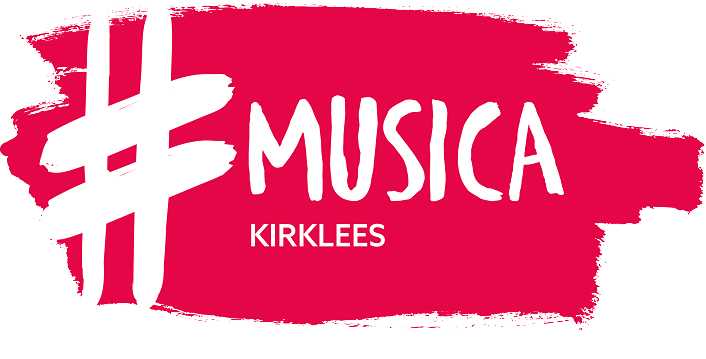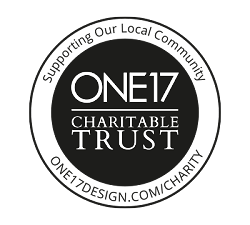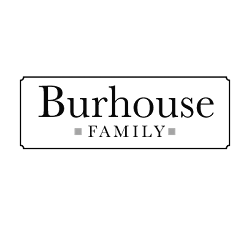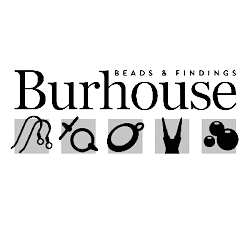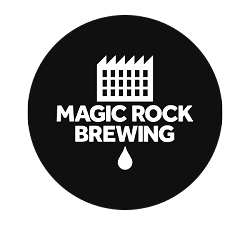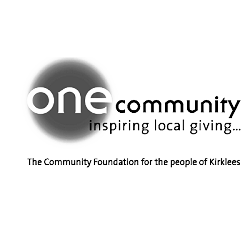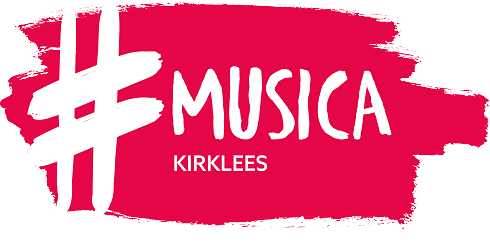Aims & HISTORY
The Mrs Sunderland Festival
The Huddersfield Mrs Sunderland Festival, being one of the most prestigious in the North of England, attracts performers from all parts of the United Kingdom, eager to have their talent adjudicated and encouraged by specialist adjudicators. The venue for the event is Huddersfield Town Hall, with many classes being held in its magnificent Concert Hall. Indeed it is in this wonderful setting that the Last Night Concert is held on the final evening, when we are entertained by some of the best talent from the whole festival.
In addition to giving the opportunity to perform, the Festival each year incorporates themed Workshops where invited experts impart knowledge and entertain excited school children. These Workshops are often the culmination of work undertaken prior to the Festival when the experts have visited the children in their schools. The Workshops are usually well supported by the children's family and friends and the Concert Hall on these occasions can be a very noisy and lively place.
History
Susannah Sunderland (nee Sykes) was a famous soprano soloist, born in Brighouse, near Huddersfield, in 1819. Her natural talent for singing was noticed by local blacksmith Luke Settle, himself a singer, who first trained her voice, and she subsequently was taught by other respected local amateur musicians.
Susannah first sang in public in 1833 at a local concert. Before long, she was in constant demand throughout the West Riding and beyond. She was a founder member of the Huddersfield Choral Society for whom she also sang as a soloist, as well as many other local choirs. As the railway network expanded, her travels extended to the rest of the UK.
Her accolade "The Yorkshire Queen of Song" followed a visit to London to sing for Queen Victoria. The Queen is said to have told her "I may be the Queen of England, but you are the Queen of Song". Susannah also sang before the Queen at the opening of Leeds Town Hall.
She married Henry Sunderland, a farmer/butcher, in 1838 and bore six children. She retired from the concert platform aged only 45, whilst still in her prime. She and Henry celebrated their Golden Wedding Anniversary in 1888 and this was the occasion of a special concert at which she was presented with a glowing testimonial in illuminated script (unfortunately now lost).
Susannah died, aged 86, on 7 May 1905.
Why is the festival named after her?
With the money raised from the Golden Wedding concert, a committee of distinguished local men decided to start a Vocal Solo Competition to be held in Huddersfield and named as a tribute to this great Yorkshire soprano. It was initially for singers but later expanded to include pianists alternating annually with violinists.
When did the festival begin?
The first "Mrs Sunderland" was held in April 1889 with 37 competitors - 27 lady singers and 10 pianists; Mrs Sunderland herself presented the prizes. A choral class was introduced in 1895. The festival has taken place every year since except in 1940, the first year of World War II and 2021 during the pandemic.
The festival at present
Since its modest beginnings, the festival has expanded vastly so that it now covers eleven days. As well as an extensive range of vocal solo classes, there are classes for adult and junior choirs, piano, brass, woodwind, recorder, strings and percussion, as well as ensembles and bands. In addition Choral Workshops have been introduced for both Juniors and Adults, plus Special Needs, Toddler, Baby, Music for the Brain workshops, an adult disco and a dance showcase extravaganza.
The young musician of the year competition is a national event which attracts amazing young musicians from across the country.
There is also a Spoken Word section which includes solo verse-speaking, prepared reading, mime, solo and group dramatic classes and poetry-writing.
It is affiliated to the British & International Federation of Festivals for Music, Dance and Speech.












